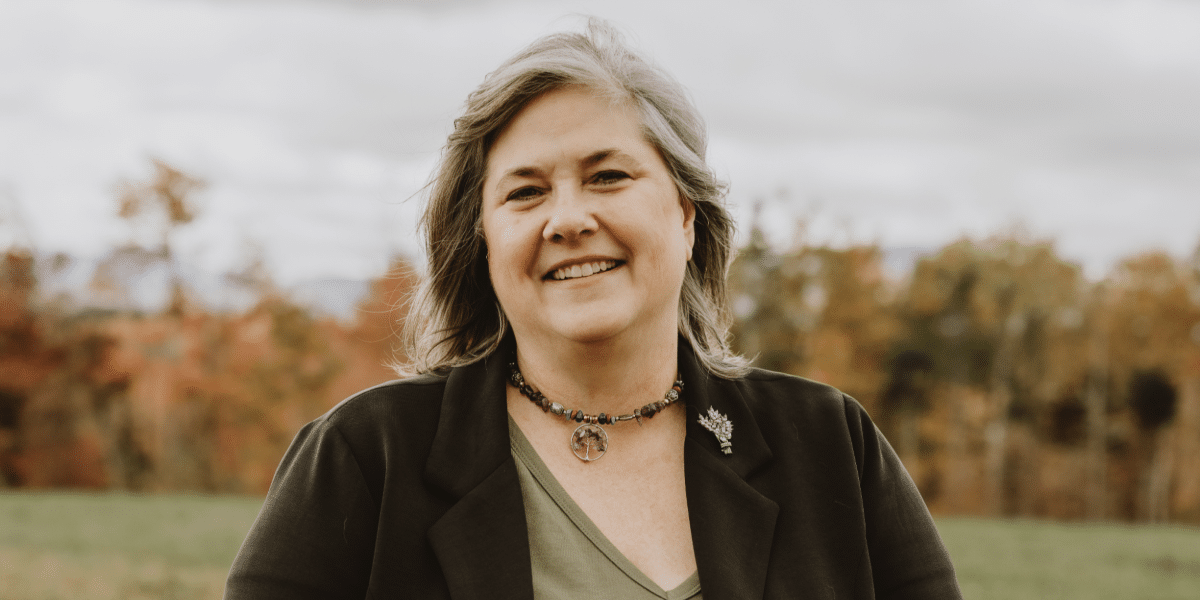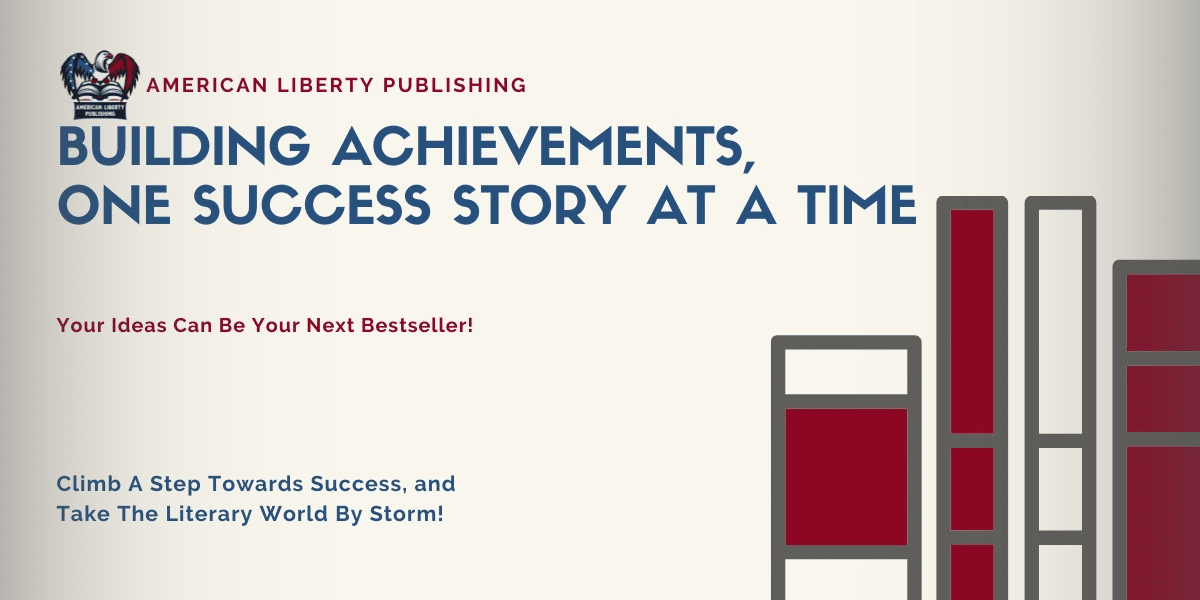By: Marc Armengol
I recently had the privilege of interviewing Ms. Kecheng (Coco) Wang from East Goes Global. Ms. Wang is an emerging talent in the marketing sector, holding dual degrees from Berklee College of Music and a Master’s in Music Business from New York University, along with additional qualifications in Music Business and Songwriting. Her impressive client roster includes renowned artists such as Lukas Graham, Mina Okabe, and Hayd, as well as actors like Kyle MacLachlan. I sought to gain her insights and valuable advice on achieving success in this dynamic field.
Hello Ms. Wang, thank you for taking the time to speak with me today. I understand you have a busy schedule, so I have prepared a few key questions. Shall we begin?
Certainly, thank you.
Many individuals aspire to work with major labels and high-profile clients but are unsure where to start. Based on your experience, what would you recommend as the premier approach for building a resume and gaining relevant experience?
Building a robust resume and acquiring relevant experience is a multifaceted endeavor that requires strategic planning and persistent effort. It is essential to start with a solid educational foundation by pursuing advanced degrees or certifications in fields such as Music Business, Marketing, or related disciplines.
While academic qualifications are important, real-world experience is crucial. Seek out internships, entry-level positions, and freelance opportunities that offer hands-on experience in various facets of the industry. Working on smaller projects, even on a voluntary basis, allows you to develop a diverse portfolio and demonstrate your capabilities. Additionally, contributing to industry-related events or assisting emerging artists can provide valuable exposure and practical skills.
I served as a Live Event Coordinator at The New York Film and Music Foundation Inc. during the summer of 2023. This nonprofit incubator is dedicated to supporting emerging musicians, audio engineers, and filmmakers by providing a platform for them to produce and distribute their work, network with peers, and stay informed about industry trends.
During my tenure, I managed a live performance show that featured viral young artists such as Lana Love and Nia Marie, as well as rising New York-based talents like Roseblud, Xondra, and Matthew James Hemmer. My responsibilities included marketing and branding the event, which involved creating promotional materials, leveraging social media, and coordinating with press outlets to maximize visibility. The show not only provided valuable exposure for the artists but also significantly enhanced their profiles and broadened their audience reach. For those looking to build a career in this field, gaining similar hands-on experience through impactful projects can be an effective way to build a strong resume and showcase your skills.
What practical advice can you offer those managing campaigns and projects for high-profile artists like Lukas Graham while maintaining their commitments to existing clients?
Effectively managing campaigns and projects for high-profile artists while balancing commitments to existing clients requires a strategic approach to organization, communication, and brand management.
Building a brand starts with a deep understanding of the artist’s values, image, and unique selling points. From there, craft a consistent visual and tonal identity that extends across social media, album artwork, and merchandise. Engaging storytelling through content marketing reinforces the brand’s authenticity and strengthens its connection with the audience.
A strong brand is foundational to an artist’s long-term success. It helps them stand out amidst the competition and positions them as more than just a musician. As artists evolve, their brand should adapt to ensure ongoing relevance and maintain a loyal fanbase. For example, I have worked with artists transitioning from one genre to another, which presented challenges in audience perception. Through strategic rebranding, we managed the shift seamlessly and attracted a new, engaged audience appreciative of the artist’s evolution.
For established artists, the focus is often on reinforcing their brand and maintaining engagement with their dedicated fanbase. For emerging talents, it’s about fostering and developing a community by connecting them directly with their audience and introducing them effectively to the world. While strategies may vary, authenticity remains a core principle in both cases. Balancing these elements ensures that each client receives the attention they deserve while managing multiple commitments effectively.
Lastly, are there specific habits or practices that you believe have contributed to your success? What can aspiring professionals do to emulate your process and approach?
Building a successful career in brand management and artist development requires a multifaceted approach. Adapt to the diverse range of artists and genres you’ll encounter, and embrace collaboration, as effective brand management necessitates alignment with the artist’s vision. Staying abreast of industry trends and technological advancements is crucial for creating innovative and impactful strategies.
For example, we are currently experiencing rapid growth and have some exciting opportunities on the horizon. Our collaborations are expanding beyond artists to include household brands and athletes, which is a thrilling development for us. As a project manager at East Goes Global (EGG), I focus on short-form content, particularly on classic Chinese social media channels like Weibo, Douyin, Bilibili, and WeChat. These platforms serve as powerful amplifiers for an artist’s narrative and overall impact in the music space. They are ideal for growing an audience, especially as fans migrate away from other social channels. Engaging content on these platforms can also drive follower growth across other digital channels and DSPs, amplifying the artist’s presence and influence.
To emulate this approach, aspiring professionals should focus on adapting to various artist needs, leveraging collaboration, and staying informed about the latest industry trends. Authenticity, creativity, and strategic use of digital platforms are essential for building a successful career in this dynamic field.
Published by: Martin De Juan














